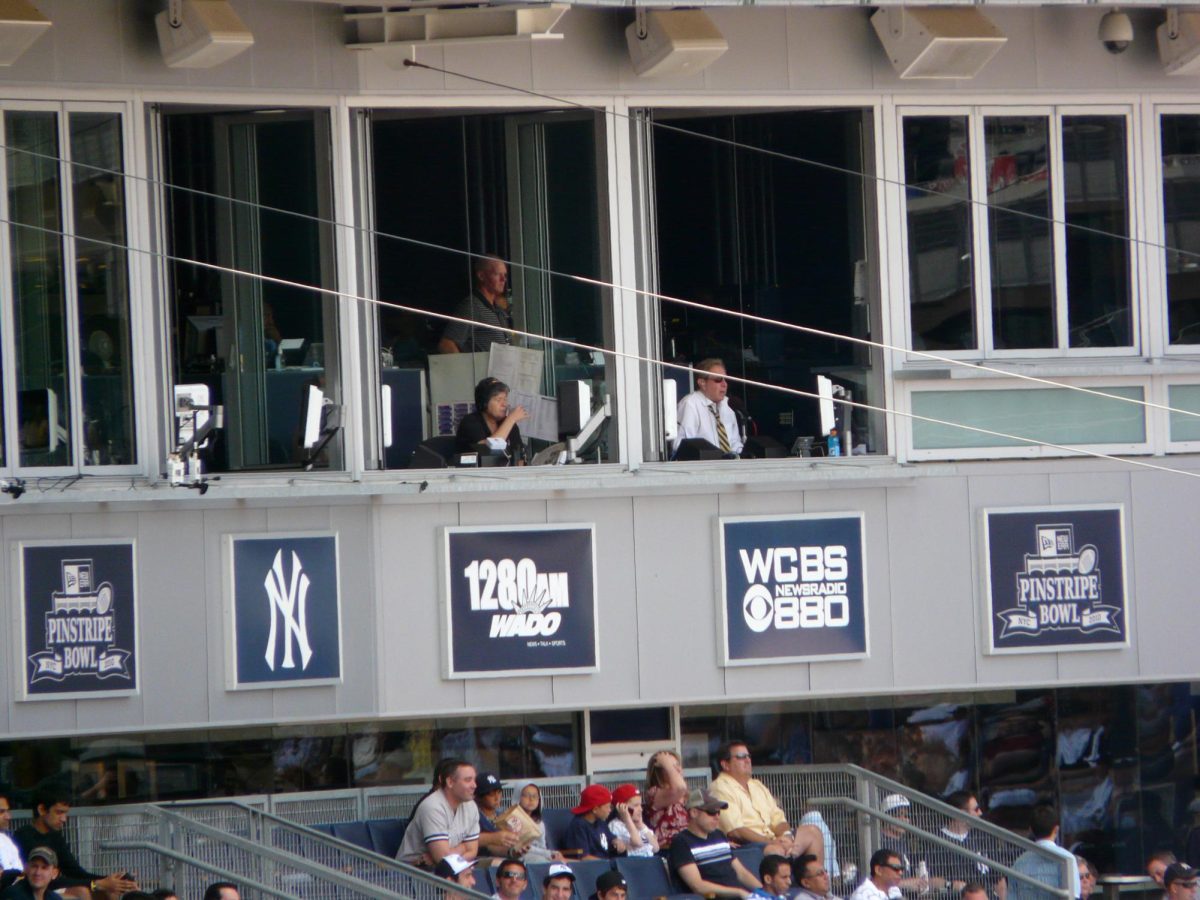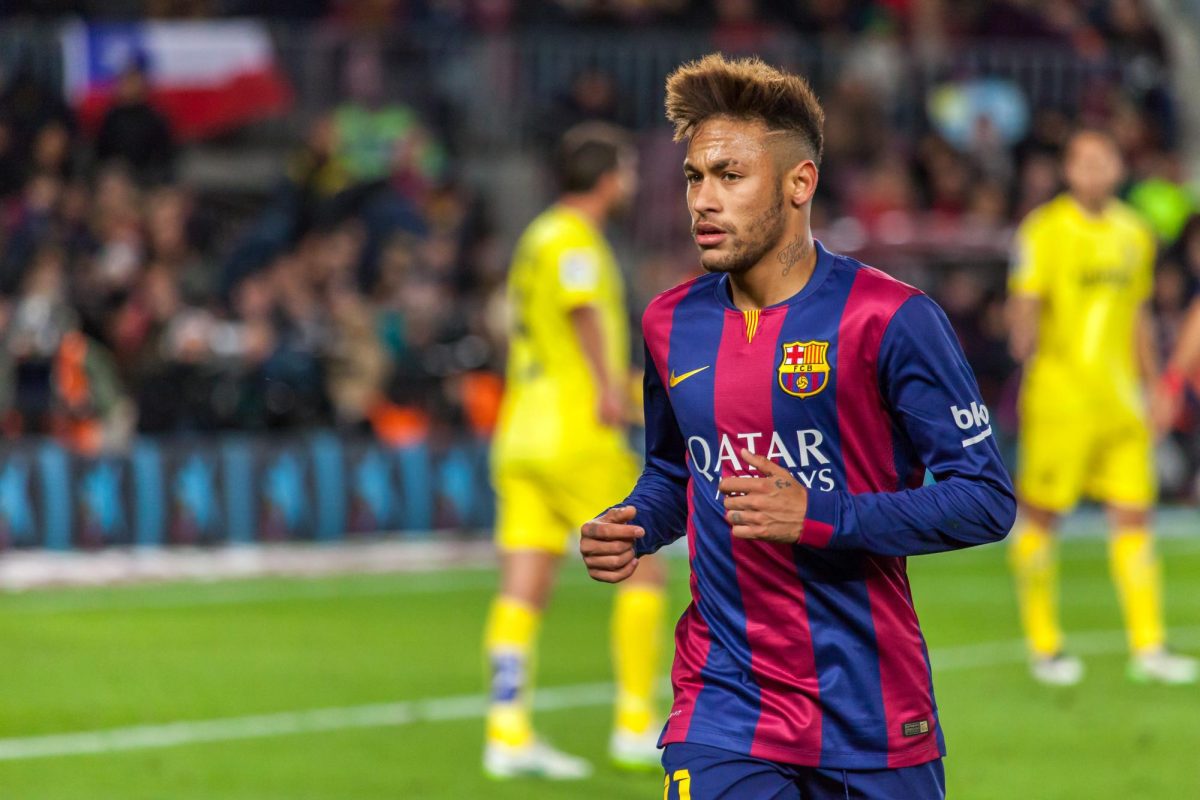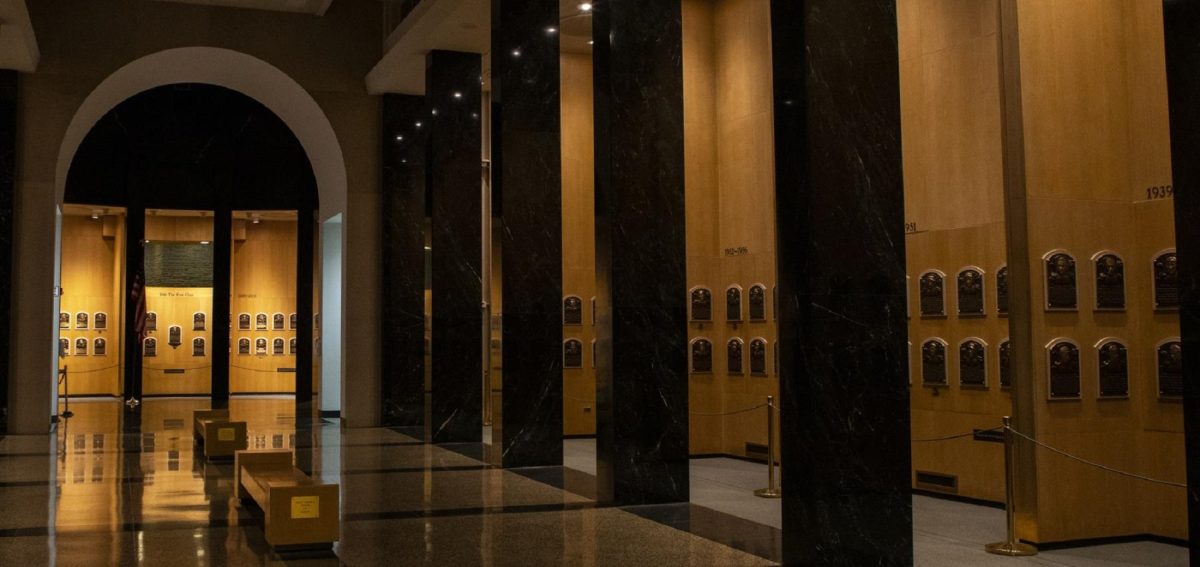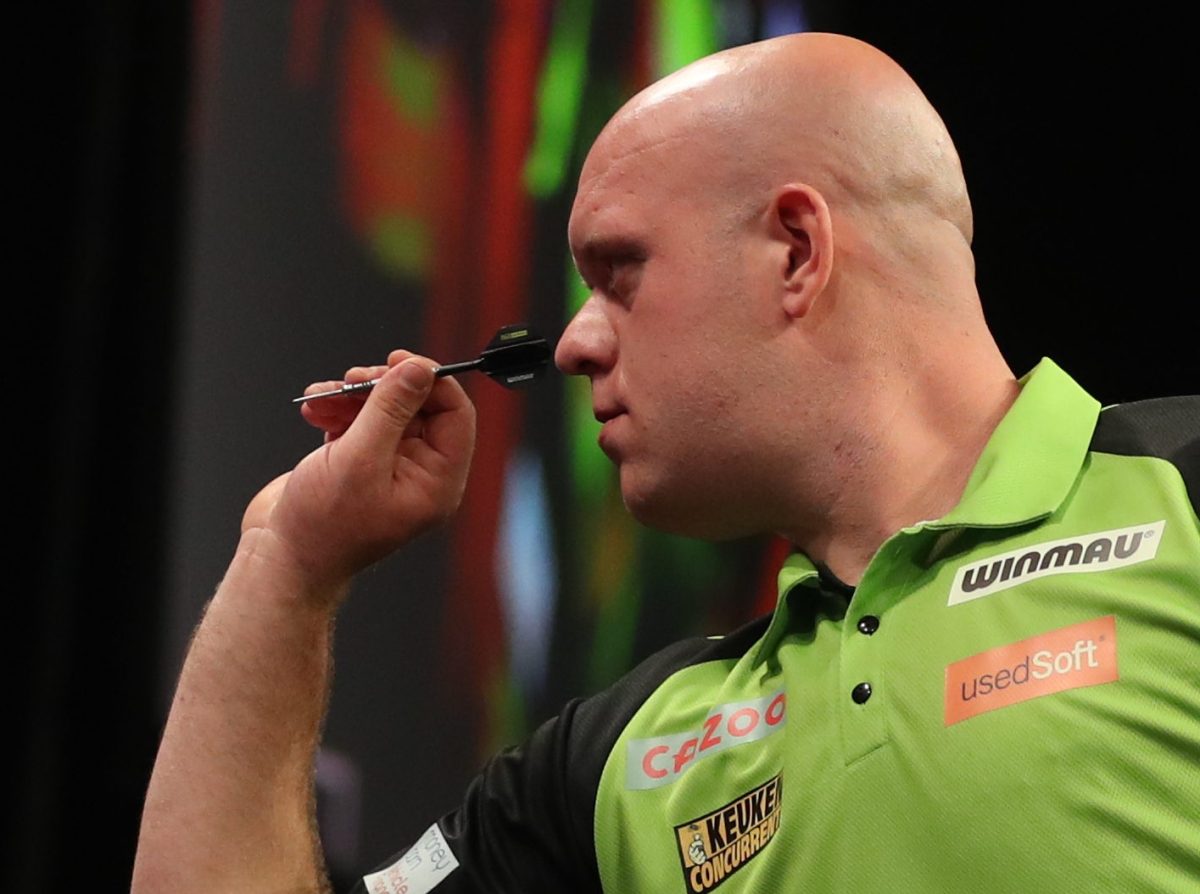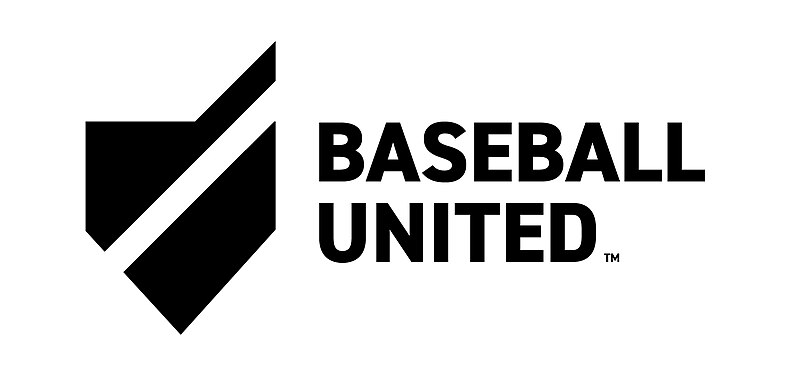It’s hard to place the beginning of Barcelona’s decline from its perch as the unmatched dynasty of professional soccer. After all, when you are in the midst of a historically memorable run of success anything short of a championship is a step in the wrong direction.
Some will argue that the decline began on a fateful night two years ago, when the Catalans’ were stunned at home in the Champions League semifinals by much maligned striker Fernando Torres and a scrappy Chelsea squad. But many saw the disappointing 2011-2012 campaign, which saw the team lose La Liga to rivals Real Madrid and Coach Pep Guardiola take a sabbatical from the sport, as a fluke.
These optimists were rewarded with a return to domestic glory last year, before an even more emphatic Champions League thumping by Bayern Munich left little doubt that they had been usurped by a new dynasty.
When Barcelona was matched against Atlético Madrid in the quarterfinals of the Champions League, many pundits viewed it as one of the more evenly matched pairings. After all, Atlético Madrid had already risen from mediocrity in Europe this season to seize a slim lead in La Liga from Spain’s two heavyweights, and Barcelona’s stunningly poor displays in the previous two tournaments showed they were plenty mortal.
But when Atlético Madrid eliminated the Catalans in the quarterfinals today, by a 1-0 score that could have and should have been worse, the reality of a third consecutive step backward for Barcelona in European competition seemed so much more unexpected than rational analysis could have foretold.
Lionel Messi is still in his prime, and with a still emerging Neymar in the fray, Barcelona is always a top contender for Spanish and European trophies, but the Spanish core — brought up together with Messi in the youth academies and flushed with international trophies — is beginning to age.
With the premier youth academy in the world to draw talent from, reloading would normally not be a problem for the Catalans, but a new transfer ban placed on the club could spell trouble for Barcelona’s unparalleled developmental edge.
This morning FIFA posted a two-window ban on Barcelona for repeated violations of transfer regulations. The specific violation in question stems from a rule governing international transfer and registering foreign players. FIFA only allows transfers for international youths when a player’s parents move to another country for non-soccer related reasons, the player lives within 50 kilometers of the national border they are crossing or the move takes place within the European Union for players aged 16 to 18. FIFA says it has found 10 recent violations of this regulation by the club.
In an official statement, Barcelona has stated it intends to appeal the ruling on the grounds that its world-renowned La Masia academy provides more than just soccer development for its members.
“FCB forms people before athletes, a fact that has not been considered by FIFA, which applies a penalty criterion that ignores the educational function of our training program,” the club wrote.
FIFA president Sepp Blatter defended the regulation in question, stating that is exists to avoid exploitation and trafficking of young players. Many youngsters come to the academies alongside family, but many others show up alone and homesickand , as a result, are miserable. Regardless of whether you consider the regulations to be appropriate in combating a troubling trend, or too strict in infringing upon the rights of young players to seek development from their dream clubs, Barcelona’s argument is weak.
Elite sports franchises are not benevolent charities, they are businesses; they are not in the business of scouring the globe for potential academic powerhouses. Even if the La Masia academy could compete on an academic level with top private institutions all over the world, the goal is to develop soccer stars that will bring in money and championships to the club.
As such, FIFA’s stance on the academies has dour implications for the long-run success of La Masia in its current format. Barcelona is far from the only club to set up an academy, but La Masia is the premier institution, and as such Barcelona has the most to lose from academy-infringing regulations. The club will most likely have to adapt to maintain their developmental advantage, or else it will be subject to the same fluctuations as the other European soccer giants.
Darius Majd is a junior in the College. The Sporting Life appears every Friday.







